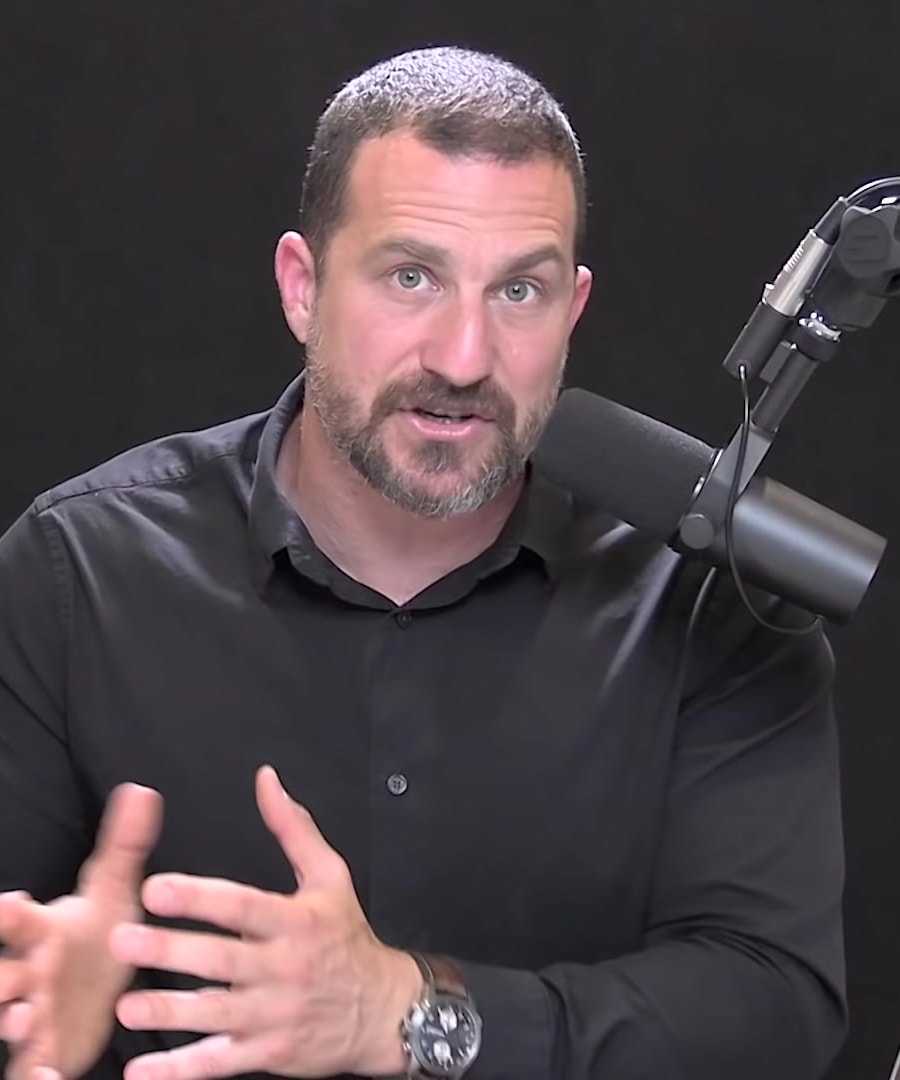Motor training
Sources:
Motor training involves the learning and refinement of motor skills, and has addressed various aspects of this process in several episodes of the .
-
Long-term Potentiation and Depression: Huberman explains the role of long-term potentiation (LTP) and long-term depression (LTD) in motor skill learning. LTP strengthens neural connections involved in correct movements, while LTD eliminates incorrect ones. This process is essential from childhood through adulthood for learning and refining motor tasks 1.
-
Mental Training and Visualization: Visualization can enhance motor learning by allowing the brain to replay movements in a way that consolidates the motor sequence more rapidly. However, this method is most effective for skills individuals have already performed physically. Performing such mental training three to five times per week can greatly enhance skill proficiency 2 3.
-
Go/No-Go Components: In motor learning, it's crucial to understand the "go" (action) and "no-go" (withhold action) components. Mental training and visualization can improve both aspects, leading to more accurate and refined motor performance. This element is vital in tasks requiring precise movements, such as sports or musical instruments 4.
-
Role of Errors: Huberman highlights the importance of making and learning from errors during the initial learning phases. Errors help open up brain plasticity, allowing correct movements to be encoded more deeply through practice 5.
These insights underscore the intricate processes and methods through which motor skills can be learned and refined, emphasizing both physical practice and mental techniques.
RELATED QUESTIONS-




